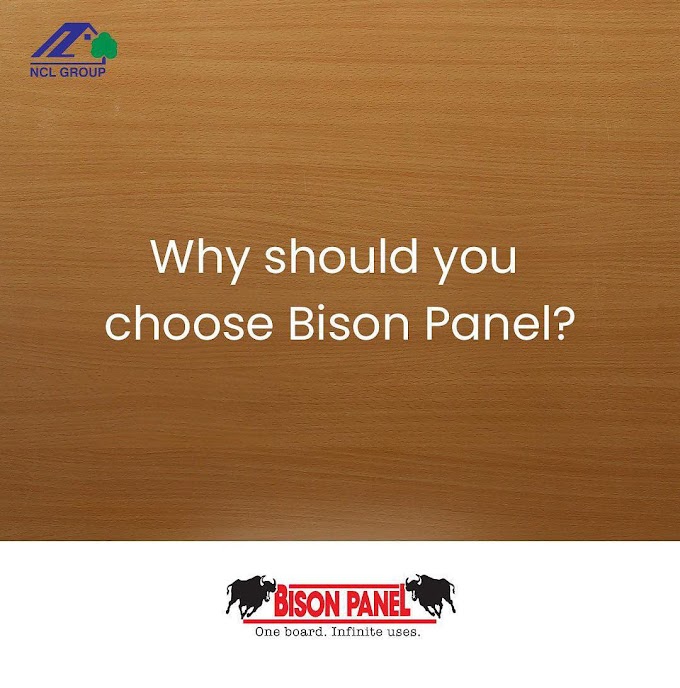Plywood is wood veneers bonded
together to produce a flat sheet. An extremely versatile product, plywood is
used for a wide range of structural, interior and exterior applications - from
formwork through to internal paneling.
Plywood is an assemblage of wood
veneers bonded together to produce a flat sheet. While it can be tailored to
suit an extensive range of applications, the normal product consists of at
least 3 plies, with the grain in the alternate plies running at right angles.
There are four groupings of
plywood products, with each group designed for specific applications:
Structural
Exterior
Interior
Marine.
Plywood offers the following
benefits:
Increased stability:
Plywood offers all the inherent advantages of the parent wood plus enhanced
properties in its laminated structure.
High Impact Resistance:
Being a wood based material, plywood has the ability to accommodate the
occasional short-term overload; up to twice the design load. This is useful
where seismic activity or cyclonic winds can occur. This property is also
effective when used as construction flooring or as concrete formwork. Plywood's
laminated structure distributes loads from impact over a larger area on the
opposite face, which effectively reduces the tensile stress.
Surface dimensional stability:
The cross laminated construction of plywood ensures that plywood sheets remain
relatively stable under changes of temperature and moisture. This is especially
important in flooring and formwork construction where moisture exposure is very
likely.
High strength to weight ratio:
With high strength and stiffness to weight ratios, plywood is very cost
effective to use in structural applications such as flooring, shearwalls,
formwork and webbed beams.
Panel shear:
The panel shear of plywood is nearly double that of solid timber due its cross
laminated structure. This makes plywood a highly effective material to use in
gussets for portal frames, webs of fabricated beams and as bracing panels.
Plywood does not corrode and can be used in chemical works and cooling towers as a cost-effective, durable material when preservative treated.






0 Comments